Product Details
:...b.3/.b . Overview:
. This heat exchanger not only has the advantages of floating coil heat exchange, but also has a large volume, can store a certain amount of hot water, and has room for adjustment. Advantages: It is suitable for hot water supply systems with large load fluctuations or short-term peaks. It has the following characteristics:
Since the heat transfer tubes are arranged as floating tube bundles, during normal heating operation, the vibration of the floating tubes causes the layer The flow heat exchange becomes turbulent heat exchange, the heat transfer coefficient is doubled, and the principle of thermal expansion and contraction can be used to automatically remove scale, ensuring high heat transfer efficiency.
. Due to a certain adjustment volume, the water supply is stable and has strong applicability, which can meet the peak water requirements.
Compared with the old-fashioned volumetric heat exchanger, it saves about 10% of steel, can reduce equipment costs, and save project costs.
. Regardless of the steam-water heat exchanger or the water-water heat exchanger, the heat source drainage temperature is low and the heat energy is fully utilized. In particular, the condensate water temperature of the steam-water heat exchanger is low, and the condensate pipe does not need to be equipped with a drain trap.
Selection instructions:
This heat exchanger is suitable for hot water supply systems in general industrial and civil buildings. When the heating medium is saturated steam, its steam pressure should be lower than when the heating medium is high-temperature water. Less than ℃, the pressure should be less than . Since there is a difference between the steam-water heat transfer type and the water-water heat transfer type, please indicate the type of heat medium when designing and selecting.
The supply temperature of the heated water is equal to or less than ℃ (usually -℃)
The shell materials are ordinary carbon steel or stainless steel. The heating tube bundles are all made of copper tubes. The shell There are three types of work pressure: , , .
. Technical requirements for the use of heat exchangers:
The use of safety valves should comply with the provisions of the "Safety Technical Supervision Regulations for Pressure Vessels"
The use of heat exchangers must be inspected regularly, every month. conduct.
The specific method of thermal shock descaling is: put the water in the clean shell and apply steam pressure. When there is a sound from the heating pipe, it means that the heating pipe has expanded. Then open the cold water pipe and impact the heating pipe bundle three times in a row. If there is scale, drain it from the drain outlet. After draining, fill it with cold water and start again.
. The tube side of this heat exchanger is the heat medium channel, and the shell side is the heated water channel. When the heat medium water is high-temperature water, it must be softened water.
, The resistance loss on the shell side is very small and can be ignored.
. During installation, no space should be left for the pipe bundle in any direction. Only general operating space should be left around the equipment.
Disclaimer
The information/pictures/parameters, etc. displayed on this webpage about【Henan floating coil volumetric heat exchanger manufacturer direct supply quality assurance lowest price】are provided by member【Zhengzhou Xinrunt Environmental Protection Technology Co
】,By Titker Trade Network members 【Zhengzhou Xinrunt Environmental Protection Technology Co
】is solely responsible for the authenticity, accuracy and legality of the information/pictures/parameters, etc.,Titker Trade Network only provides display services. For your safety, please choose Titker Trade Network for online trading, otherwise Titker Trade Network will not bear any responsibility for this.
If your legitimate rights and interests have been infringed, please contact Titker Trade Network customer service as soon as possible. We will serve you wholeheartedly. Thank you for your attention and support to Titker Trade Network!






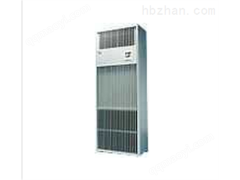 Ducted Air Purifier ¥1000.00/
Ducted Air Purifier ¥1000.00/
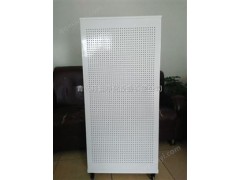 Processing FFU air p¥1000.00/
Processing FFU air p¥1000.00/
 Small integrated lab¥1000.00/
Small integrated lab¥1000.00/
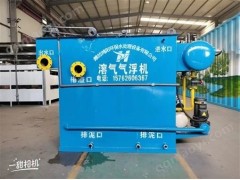 Dissolved air flotat¥1100.00/
Dissolved air flotat¥1100.00/
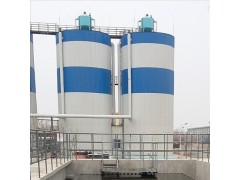 Industrial wastewate¥1000000.00/
Industrial wastewate¥1000000.00/
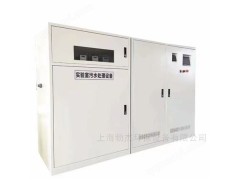 Wholesale of domesti¥10000.00/
Wholesale of domesti¥10000.00/
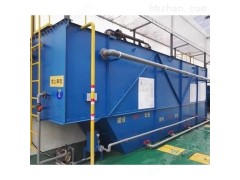 Which is the best di¥10000.00/
Which is the best di¥10000.00/
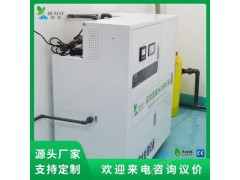 Small integrated lab¥10000.00/
Small integrated lab¥10000.00/
 Various models of st¥155000.00/
Various models of st¥155000.00/



 Year1
Year1




 WhatsApp
WhatsApp





